
STL AmpHub is an all encompassing electric guitar suite in software format, featuring an ever expanding set of stomp-box, amplifier, cabinet, microphone and effect models, covering every possible guitar player needs for any genre. Get access to exclusive guitar and bass tones with ToneHub - the all-inclusive plugin platform that brings you Signature Expansion Packs from the biggest names in the industry. With our ever-expanding roster of expansive and detailed sounds, you can now explore the unique tones of your favorite producers and guitarists without the need for comparable hardware units. Plus, with new ToneHub expansion packs released every month, the possibilities are endless.
ToneHub is a highly capable plug-in and what is most impressive about it is that it is an incredibly versatile virtual amp for both electric guitar or bass, working great with pretty much anything I threw at it. Its greatest virtue is the immense range, and that’s largely due to the Tracing Amplifier, which can achieve seamlessly any guitar or bass amp sound with relative ease. Does it mean ToneHub is a “Jack of many trades but a master of none”? In a way, yes, but not in a bad way - I personally can’t pinpoint any styles where it excels on more than others, it simply worked great on everything I could throw at it, so it can certainly master many trades if one is crafty.
If versatility is ToneHub’s biggest feat, ease of use is perhaps its lowest point. Not that it is a hard plug-in to use or a complex one that requires a lot of thought, in fact it’s quite the contrary as you can simply pick a preset of your liking and get excellent results with it, but the process of browsing presets is a very tedious one. Presets are a big deal here, they’re arguably one of the main selling points, but the fact that you have to browse per library hinders the workflow and I would greatly welcome a way of browsing through the entire catalog without having to select an individual library. Fortunately enough there are adequate tools to sort all the sounds within the library, which definitely helps a ton, but I sorely miss a “global” search with all the preset library that I was kindly provided with by STL. On the computing performance aspect ToneHub does quite well, with a CPU load that is not insignificant but not heavy either, allowing for multiple instances on a session without crippling the system, and it adds zero extra latency, which is never a bad thing.
Here we have a well-rounded solution for all sorts of electric tones, with a decent number of quality stomp boxes, the aforementioned Tracing amplifier with accompanying cabinet and a master EQ section to wrap things up, which is basically what one needs to get the job done. My only gripe here is the cabinet section, which can not be bypassed and is tied to the preset system, so it is time to say goodbye to that IRs folder. If a different cabinet sound is wanted then you should just find the appropriate preset and take it from there. Speaking of presets, the core ToneHub pack is nicely spread across different genres, ranging from high-gain metal to warm-soft jazz and anything in between, so in theory the user does not need to buy any particular preset pack to cover the basics as sound selection is quite diversified. Nevertheless, getting more preset packs can greatly expand the option and can be necessary when going for very specific tones. Lastly, it’s always good to see a virtual amp that is also available as a standalone app for DAW-less uses such as live performing, practicing or jamming.
ToneHub is a highly capable plug-in and what is most impressive about it is that it is an incredibly versatile virtual amp for both electric guitar or bass, working great with pretty much anything I threw at it. Its greatest virtue is the immense range, and that’s largely due to the Tracing Amplifier, which can achieve seamlessly any guitar or bass amp sound with relative ease. Does it mean ToneHub is a “Jack of many trades but a master of none”? In a way, yes, but not in a bad way - I personally can’t pinpoint any styles where it excels on more than others, it simply worked great on everything I could throw at it, so it can certainly master many trades if one is crafty.
If versatility is ToneHub’s biggest feat, ease of use is perhaps its lowest point. Not that it is a hard plug-in to use or a complex one that requires a lot of thought, in fact it’s quite the contrary as you can simply pick a preset of your liking and get excellent results with it, but the process of browsing presets is a very tedious one. Presets are a big deal here, they’re arguably one of the main selling points, but the fact that you have to browse per library hinders the workflow and I would greatly welcome a way of browsing through the entire catalog without having to select an individual library. Fortunately enough there are adequate tools to sort all the sounds within the library, which definitely helps a ton, but I sorely miss a “global” search with all the preset library that I was kindly provided with by STL. On the computing performance aspect ToneHub does quite well, with a CPU load that is not insignificant but not heavy either, allowing for multiple instances on a session without crippling the system, and it adds zero extra latency, which is never a bad thing.
Here we have a well-rounded solution for all sorts of electric tones, with a decent number of quality stomp boxes, the aforementioned Tracing amplifier with accompanying cabinet and a master EQ section to wrap things up, which is basically what one needs to get the job done. My only gripe here is the cabinet section, which can not be bypassed and is tied to the preset system, so it is time to say goodbye to that IRs folder. If a different cabinet sound is wanted then you should just find the appropriate preset and take it from there. Speaking of presets, the core ToneHub pack is nicely spread across different genres, ranging from high-gain metal to warm-soft jazz and anything in between, so in theory the user does not need to buy any particular preset pack to cover the basics as sound selection is quite diversified. Nevertheless, getting more preset packs can greatly expand the option and can be necessary when going for very specific tones. Lastly, it’s always good to see a virtual amp that is also available as a standalone app for DAW-less uses such as live performing, practicing or jamming.
A witch says,
GAME OVER :D
Have fun with this true RSA2048 keygen! AAX works in legit ProTools.
GAME OVER :D
Have fun with this true RSA2048 keygen! AAX works in legit ProTools.
01.10.2023
Audio Plugins
16 755
4








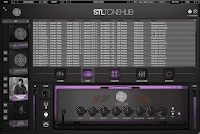
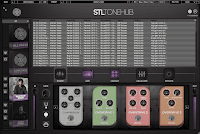

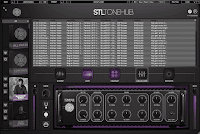

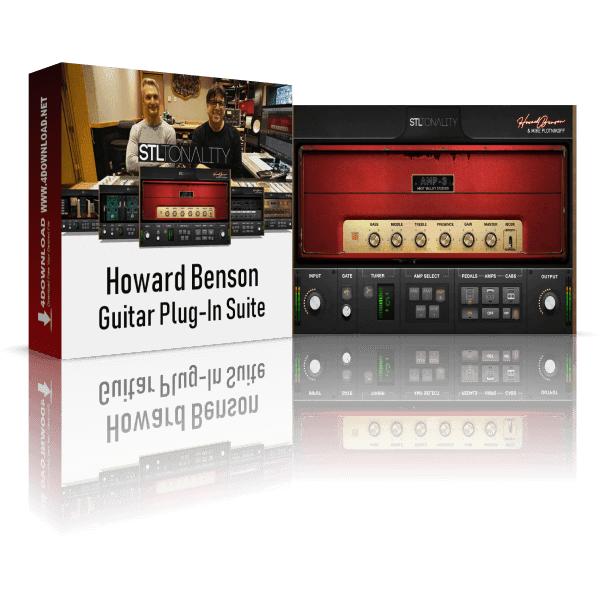

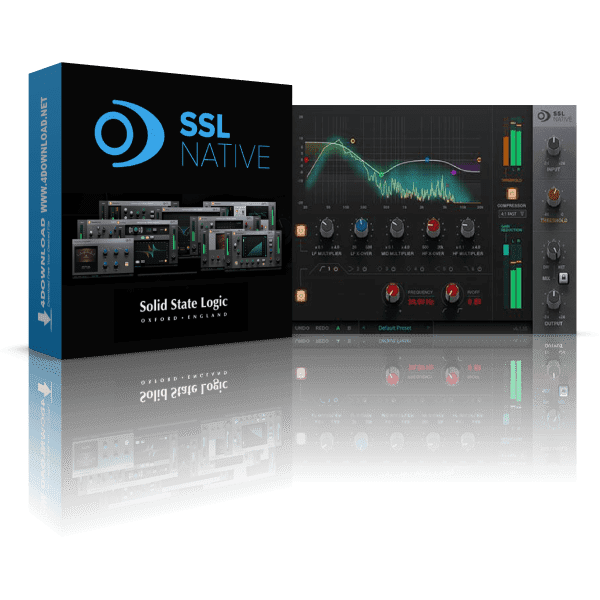
Information